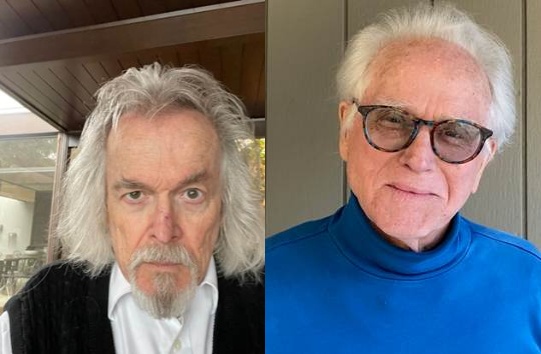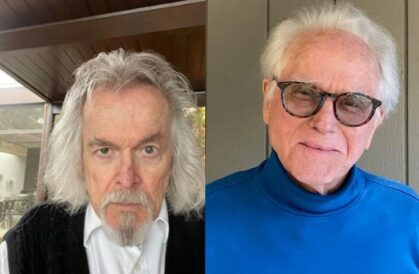Guest opinion: The Soul of a University: Cutting arts and humanities from Utah’s public universities is a grave mistake

Photos supplied
Clifton Jolley and Robert ReesLast April — in a move that should alarm anyone who believes education is more than a pipeline to a paycheck — Weber State University followed the dictates of the Utah State legislature and HB 265 and SB 334 cutting 89 courses. In anticipation of those cuts and earlier that month, Professor Leah Murphy published an op-ed in the Ogden Standard Examiner telling us that this was going to be a good thing, and that “most people are probably surprised that we haven’t been measured like this before.”
She is right. We were surprised. Universities have historically had a greater degree of autonomy to govern themselves through the peer review process and other systems based on academic integrity. And the American Association of University Professors has decried “political intervention” in curricula and practices. Which may explain why a number of the faculty at USU have described the bills as being “drafted in secret” with limited input from relevant departments, faculty, or the broader academic community. SB 334 was filed on February 25, 10 days before the legislative session ended. HB 265 participated in shifting $60 million of higher ed funding. Both limited debate, limited discussion, limited time for what has for more than 2,500 years been respected as the “Socratic Method.”
Nevertheless, Professor Murray says this is a good thing, that “the people” have a right to know how their tax dollars are being spent. And there are many of the people who will be happy that more of those tax dollars will be spent on “predominantly … Western civilization” and about “the rise of Christianity.” And many of those same people are likely to be positively giddy to discover that we are no longer wasting money on what is being accused as identity subjects such as women’s studies and other subjects that conservatives find controversial if not downright demonic.
And to make sure faculty and administration at Utah public universities get it right, there is a provision for a “Center for Civic Excellence” that has broad authority to appoint and evaluate instructors and approve syllabi.
More recently the University of Utah announced plans to eliminate 81 academic programs as part of a sweeping $19.6 million budget-cut mandated by the state legislature to encourage “reinvestment” in degrees that lead to “high-wage jobs the state needs.” [https://www.sltrib.com/news/education/2025/08/05/university-utah-slashing-81/] Never mind there is no evidence Utah has had trouble filling jobs that have high wages.
To reduce the value of an academic discipline to its earning potential is to fundamentally misunderstand the purpose of higher education. Universities are not trade schools. They are not factories. They are not job placement centers. They are, or should be, places where students learn to think critically, imagine boldly, and engage deeply with the human experience.
These bills evidence a troubling shift in values, suggesting that the worth of a degree lies essentially in its marketability; that the worth of students lies primarily in their future salaries; and that the worth of a university lies primarily in its economic output.
This is not education. It is commodification.
And it is especially shortsighted at a moment when our society is crying out for deeper understanding, more ethical leadership (Utah universities also are cutting courses in ethics). And it ignores the fact that many graduates in the humanities go on to successful careers in law, education, public service, and nonprofit fields that may not pay extravagantly but are vital to the health of our culture and communities.
Utah universities are not alone in this trend. Across the country, public universities are being pressured to prioritize STEM and vocational programs at the expense of the liberal arts. But Utah’s cuts are among the most drastic, joining states such as Florida and Texas in strategies that their sponsors admit are just the beginning.
While it’s difficult to project the endpoint of a trend that caught fire as recently as this year, it’s not difficult to recognize its origins in the anti-intellectual, anti-humanities, anti-liberal education, and pro-divisive manipulation and control that does not respect the way our cultures have managed their universities since before the Age of Reason. And what has begun in Utah is not only unreasonable, it serves a political agenda that does not respect universities and their autonomy, that does not agree with a conversation begun by Socrates and perhaps beginning to end in so unlikely a place as Utah.
Clifton Jolley is a writer, producer, and educator living in Ogden, Utah. Robert Rees has taught Humanities at UCLA, UC Santa Cruz, and as a Fulbright Professor in the Baltics. He is President of FastForward for the Planet, a Utah non-profit focused on saving Great Salt Lake.


